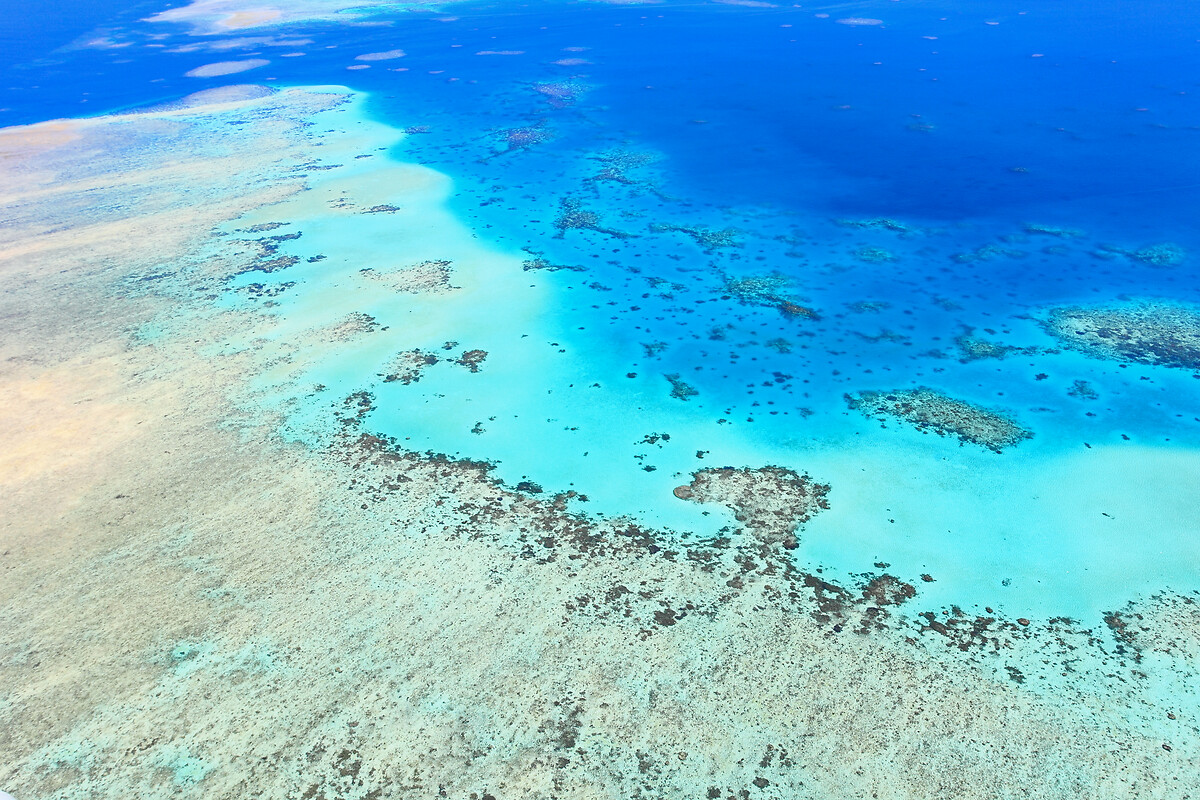> Tags: Marine protected area, Regulation, Spacial planning
> Theme: Biodiversity
> Region: European Union
> Last updated: 04 June 2020
Download PDFPolicy in practice
The 2008 Marine Strategy Framework Directive 2008/56/EC, the 2014 Directive on Establishing a Framework for Maritime Planning 2014/89/EU, and the 2002 EU Recommendation on Integrated Coastal Zone Management 2002/413/EC offer a comprehensive and integrated approach to the protection of all European coasts and marine waters. In addition, there are a number of complementary policies: the EU Habitats Directive, the EU Directive on the Conservation of Wild Birds, the regulation of fisheries through the Common Fisheries Policy (CFP), EU Biodiversity Strategy to 2020, EU Regulation 1143/2014 on Invasive Alien Species, and the control of input of nutrients and chemicals into waters through the Water Framework Directive (WFD), the Nitrates Directive and the EU Common Agricultural Policy (CAP).
The European Union sees marine spatial planning as a fundamental requirement for the integrated management of a growing and increasingly competing maritime economy, while at the same time safeguarding marine biodiversity. The EU Marine Strategy Framework Directive, the environmental pillar of the EU maritime policy, introduced the principle of ecosystem-based marine spatial planning and provides a supportive framework for national initiatives toward spatial planning, designed for achieving a good status for the environment.
EU member countries have their own policy instruments to implement and comply with those at the EU level. For example, in the United Kingdom, marine plans (inshore and offshore) are required for all English seas by 2021 to plan for sustainable use of marine resources. This includes designating areas as European marine sites (special areas of conservation and special protection areas), sites of special scientific interest with marine components, and marine conservation zones (MCZs). There is also a marine licensing system to prevent pollution in UK seas, and a number of land-based policies that affect sea water quality, including the UK Farm Waste Grant Scheme, the Nitrate Sensitive Areas Scheme, the Organic Farming Scheme and the Voluntary Initiative on Pesticides Use.
Key policy message
Marine spatial planning (MSP) can support the sustainable use of marine resources and shield marine protected areas (MPAs) from human activities that lie outside their boundaries.



